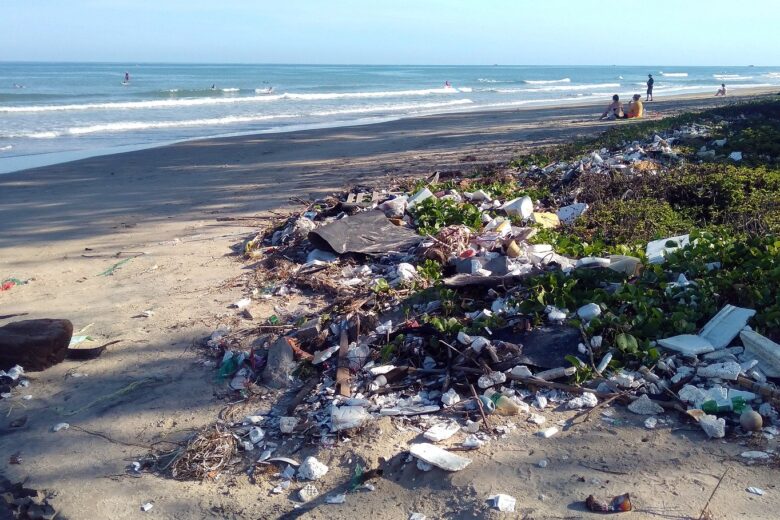One of the biggest challenges of implementing a sustainability program is funding. Where do you find the money to fund a program? Likewise, how do you create avenues of funding to support your endeavors?
If you are just starting your event sustainability journey, or if you already have an established program, it’s never too early or too late to start creating financial stability. Funding is the primary obstacle to any sustainability program with very few programs providing a profitable return back for the organizers. The returns often come back in the form of marketing value and net positive social impact. While some organizers are willing to give up something in order to allocate the funding required, not everyone is willing to make those sacrifices. Here are six ways to generate the funding you need to start or maintain your program.
Trash vs. recycling cost calculations
Although not true in all areas of the United States, recycling rather than landfilling material could overall be cheaper. With landfill tip fees high in some regions, recycling becomes the more affordable option. Dust off your calculator and do some research. How much are you paying to dispose of your trash? How much of that trash do you believe could be reasonably diverted from the landfill? Research the cost of transporting the material to the landfill vs the cost of transporting the material to a recycling center. You might be surprised to find the costs are about the same or find some cost savings between the two. Although it may seem like you are collecting more material because you’ve added recycling, you are actually collecting the same amount of material only in two streams (trash and recycling) instead of one stream (trash).
Create a sponsorship
Events are driven by sponsorships that generate the bulk or all of the operational funds. Using your sustainability program to create a sponsorship package can help cover all or some of the costs of the program and may even generate additional funding. Locate companies within the region who have strong sustainability programs or have an interest in the environment. Recycling bins can be branded and signage can be created to enhance the company’s brand and increase engagement with your attendees.
Apply for grants
In many regions, private and public organizations offer grants for community based programming. Many recycling industry associations administer grant programs to cover the development and growth of recycling based programs. Do research for grant providing organizations in your area and call your local recycling coordinator, your region or state’s recycling association, and regionally based foundations to inquire about grant opportunities.
Crowdfunding
Crowdfunding investments will be a $96 billion industry within the next 7 years and nearly 66% of people are willing to pay more for sustainable offerings. As sustainable business practices become more common place, using your audience and community to leverage support for a sustainability program has never come at a better time. Two popular platforms, Kickstarter and GoFundMe, can start you on your fundraising journey.
Don’t do it all by yourself! Look for partnerships.
Is there another event, venue or organization, you can partner with to share costs of the sustainability program? For example, let’s say your event takes place over Fourth of July. It’s common in the United States for touristy areas to see increases in population with the national holiday. Maybe your town where the event takes place is in one of those areas. Call your city and ask if they want to join you and co-create a sustainability program to cover not only your event, but the City as well during the peak time.
Add in a ticket fee
For events that are ticketed, you can add in a small $1 – $2 fee per ticket as a “sustainability” fee. The money generated from this fee will be allocated to help cover the costs of your program. The fee can be required or presented as an opt in or an opt out option. Recent data suggests that over ¾ of people are willing to pay extra for sustainable services. Providing an explanation for this fee allows you an opportunity to follow-up with your ticket purchasers after the event and communicate to them the impact of the program. While you may want to consider using another word other than “fee,” we do recommend providing your attendees the opportunity to contribute.
It’s no secret that money does help dictate the size, scope and success of your sustainability program, but it shouldn’t deter you from starting or growing your program. For those just beginning, check out our What is sustainable event management blog post to help you get started.
For those with more advanced programs: check back soon for more detailed blog posts on measuring your social impact, calculating your economic impact and measuring your marketing value.





